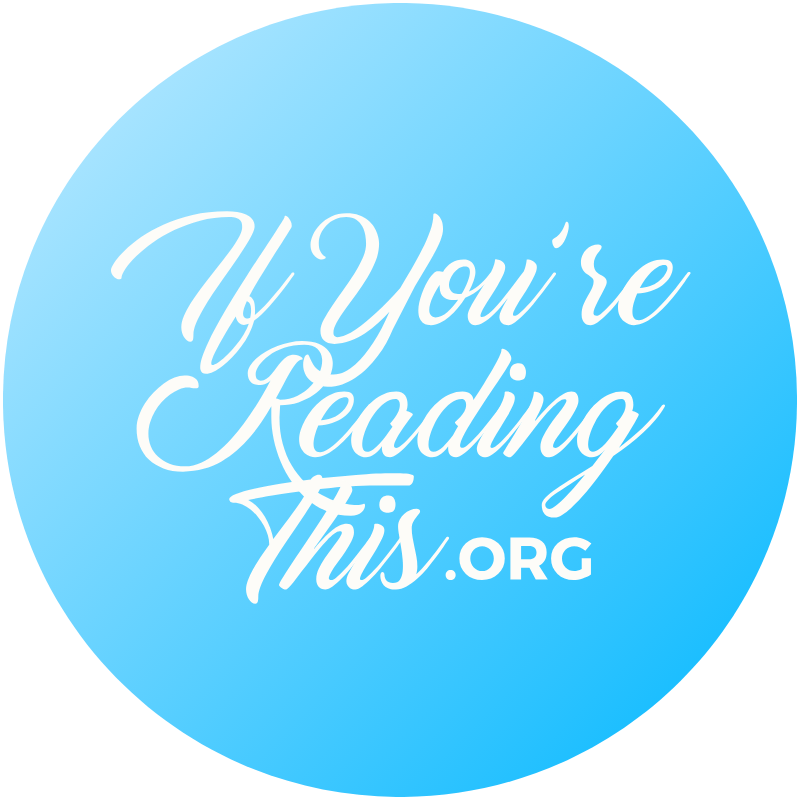Samantha H.
Photography by Justin Patrick
If you’re reading this, you are more than enough.
Hello, you. I want to let you in on a little secret: Perfectionistic professors have baggage, too.
I am an associate professor of Human Nutrition, Foods, and Exercise. I have over 110 peer-reviewed journal articles, $29 million in grant funding, and have been the primary mentor for over 6 PhD students and 4 Master’s students. I continuously oversee undergraduate research projects and I try to balance my professional and personal hobbies, habits, and successes.
I share this because just like students have assessments and assignments, professors have metrics in terms of papers, grant dollars, and their students’ success to prove our worth to the university, to prove we’re worthy of our salaries, and even our offices.
And, what I have accomplished in the last 10 years is what some people accomplish in their whole career. And it’s a hell of a lot less than what others have.
When I stay in that space, looking for external validation of who I am and the products of my lab… and when I do it from a place of comparison, I step onto a ladder. Some people are always better than me and some are always beneath me. That keeps me in competition and scarcity. It colors the way I think about myself. And how I interact with the world.
I can change how I think about myself, how I function in the world, through the practice of yoga. Yoga is an ancient, cultural and spiritual, and now, physical practice that helps us to touch moments of balance—of flourishing in our lives. Yoga comes from the Sanskrit word, Yuj, union with self, others, and a power greater than ourselves.
As the scientist behind the science, I needed to “settle the fluctuations of the mind” or “Yogas citta vrtti nirodhah.” And, if I help myself navigate life—academia, behavior— I might be able to help others. Substantial research demonstrates that our energies are contagious. Or, as an interpretation of the Yoga Sutra states, “We are not going to change the whole world, but we can change ourselves…We can be serene even in the midst of calamities and…Serenity is contagious.”
How to change ourselves? Go inward and connect. Over the last seven years, I’ve devoured and sampled every form of information I could find. A recent Spiritually Sassy podcast episode shares that “Going inward is a protest, too.” In Cassandra Speaks, a collection of essays about the stories we tell and how that shapes culture, Elizabeth Lesser calls this inward practice “innervism.” Glennon Doyle shares in her memoir how to be “untamed.” Alisa Vitti, who maps menstrual cycles to workflow, calls it “cycle syncing.” Twelve-step work says a “fearless moral inventory.” The bookshelf eye candy and the podcast eargasms paint a clear picture: One, I am not alone in my lack of self-worth—which I carry like baggage into my writing, grants, guest lectures, and mentoring. And two, all humans have the inherent need to belong. In other words, as borrowed from Episode 453 of the Ten Percent Happier podcast, “Relationships are the most important currency of Homo sapiens.” Intra- and inter-personal work (although not a panacea for issues within academia) are what can help us collectively achieve a higher vibration in higher education.
It is my greatest desire that more students and professors alike start to see the magnificence that they are. That we are all learning to live by living. Go gently with you.
You are not your degree or your job or your status—you never were, and you never will be. The promises are far greater, far grander: You are you. Bless the moments, constellations and consequences that brought you to this time and space to shine exactly as you are. There will always be those who want to dull your shine, but I hope you shine on. You are loved. You are more than enough.
Samantha H., Virginia Tech
Connect With Us
To follow IfYoureReadingThis at Virginia Tech on Instagram, get in touch with our chapter, and learn about more resources available to Virginia Tech students, visit our chapter’s homepage.
AUTHOR CONTACT
This author has opted to allow readers who resonate with their story to contact them. If you would like to speak to the author of this letter about their experience, please use the form below.

